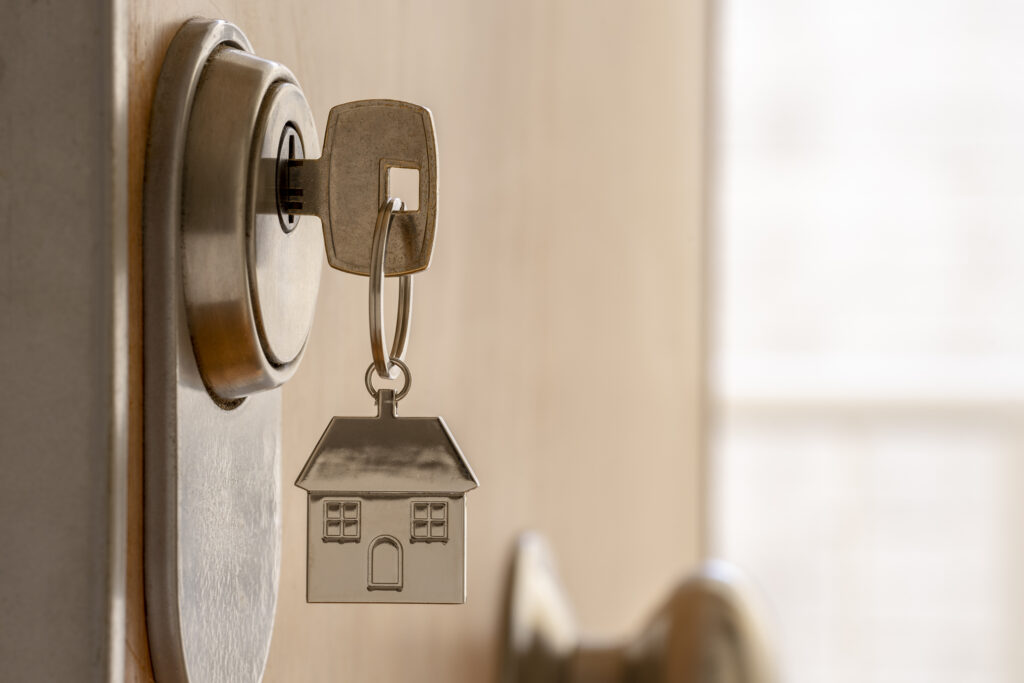
In an age where property transactions are meant to be secure, the strange case of the man in Luton whose house was stolen twice brings to light serious concerns regarding property fraud.
As a conveyancer, dealing with property transactions day in and day out, this tale of stolen homes feels like a cautionary one. While it might sound like the plot of a TV crime drama, it is all too real - and highlights how vulnerable our properties can be if the necessary precautions aren’t taken.
The Case: A Property Stolen Not Once, But Twice
The story begins in Luton in 2021 where a clergyman, working away in Wales, finds out that his house was sold to a third party without his knowledge. It was discovered that a fraudster had forged documents, including a false identity, to impersonate the legitimate homeowner and execute a property sale. The Land Registry eventually restored his name to the legal title.
However, the plot thickens when in 2023, the same property was stolen again, by another person who managed to manipulate the system once more, this time to fraudulently rent the property out to an unsuspecting family.
This, unfortunately, is not a rare occurrence. Property fraud is one of the biggest challenges in the conveyancing world today.
A court has now ordered the family to vacate the property and the owner has once again won back possession of his property.
How Does Property Fraud Happen?
Conveyancing is the legal process of transferring the ownership of property from one person to another. It involves many stages, including contract negotiation, exchange, completion, and registration with the Land Registry. For the process to be legitimate, all paperwork needs to be in order, the parties involved must be properly identified, and any attempt at fraud must be caught early.
However, in this case, the fraudsters managed to bypass several checks and forged documents. In England and Wales, property titles are registered with the Land Registry, but while this system is generally robust, it is not invulnerable to scams.
How Conveyancers Can Protect Against Property Fraud
Conveyancers are on the front lines when it comes to protecting homeowners from fraud. We play a pivotal role in verifying identities, ensuring that the chain of ownership is intact, and confirming that all documents are legitimate. To protect homeowners, a conveyancer will typically:
- Verify Identity – This includes ensuring that the seller is who they say they are and that their documents are authentic.
- Check Title Deeds – These documents provide proof of ownership. In the case of a fraudulent transaction, the title may be tampered with or forged.
- Use Secure Channels for Transactions – The use of secure payment methods and methods to verify bank accounts is critical in protecting against scams.
- Monitoring the Property Register – In some cases, conveyancers will recommend adding a restriction to the property title to make it harder for a property to be sold without the owner's consent.
What Can Be Done to Prevent Property Fraud?
Property fraud is a real issue, but the good news is there are steps that can be taken to mitigate the risks:
- Tighter Checks – Conveyancers and solicitors must continue to employ rigorous identity checks and due diligence, especially when dealing with high-value properties or unusual transactions.
- Public Awareness – The public should be more aware of the risks of property fraud and the importance of staying vigilant. For example, if you receive unsolicited calls about your property or see suspicious activities, it is vital to report them.
- Land Registry Innovations – The Land Registry has been making efforts to combat fraud, including offering a property alert service. Homeowners can register to receive alerts if there are any significant changes to the title of their property, including attempts to sell or mortgage it.
Conclusion
The story of the house in Luton stolen twice is a stark reminder of the vulnerabilities that exist within the property system, but also a challenge to the legal and conveyancing profession to innovate and strengthen protections. Fraudulent property transactions not only result in financial loss but can cause years of distress and legal battles for innocent parties.
At Timms, we understand that it is our job to remain vigilant, stay ahead of the latest risks, and offer solutions to ensure that property owners are protected. But beyond that, it’s important for homeowners to stay aware of the risks and take steps to secure their properties. The case in Luton might be extraordinary, but the lessons it offers about fraud prevention, legal protections, and the importance of due diligence are ones we should all heed.




